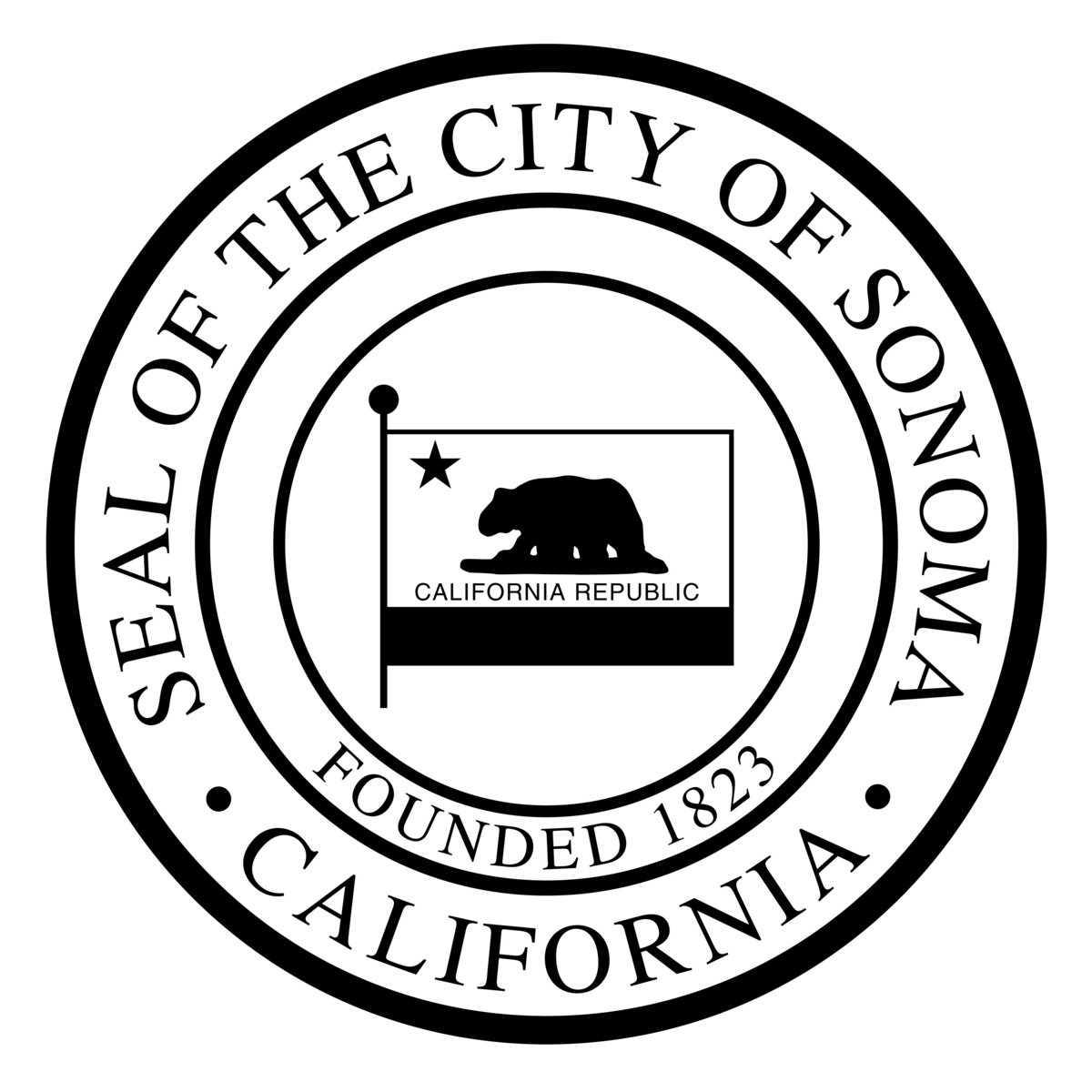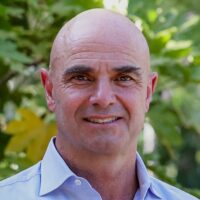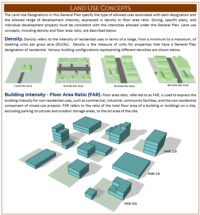At a special meeting of the Sonoma City Council held on Monday night, the appeal of the Planning Commission certification of the Hotel Project Sonoma brought by six community members was unanimously upheld. Located on West Napa Street, the proposed 62-room hotel, 125-seat restaurant and spa is historically the largest project of its kind near Sonoma Plaza.
The appeal was filed by Fred Allebach, Victor Conforti, Johanna Patri, Paty Daffurn, David Eichar and Larry Barnett. Allebach and Barnett are members of The Sun’s editorial board. Though city Planning Director David Goodison staunchly defended the legal sufficiency and completeness of the EIR during the first appeal hearing in June, the appellant’s attorney Rose Zoia, who specializes in land use and CEQA law, raised numerous objections and provided supporting case law which indicated that if the matter made its way to court, the likelihood that the objections would be upheld was considerable.
That meeting was widely attended, and dozens of people spoke; of those thirty people, twenty two people spoke in support of the appeal. In an unusual circumstance, a comment was made by James Cribb, current Chairman of the Planning Commission, who, despite legal requirements that appellants exhaust all “local remedies” before taking a matter to court, harshly took the council to task for even hearing the appeal. In his remarks, Mr. Cribb, an un-elected appointee to the commission, stated that he and the Planning Commission, not the City Council, should be the last word on such an application, and that he and the commission were more capable in rendering a decision than the City Council. Overall, he exhibited hostility towards the citizen’s right to appeal as well as individual council members, including the Mayor and council member Harrington. Noting the recent resignations among commission members, he stated that he would not resign. Given his remarks, whether he is re-appointed when the council re-configures the commission later this year remains uncertain.
In a surprising development, four days before the second hearing, which took place in July, the city received a letter from the applicant’s attorney, Lester Perry, indicating that the applicant had decided that the best course of action was for the city to not certify the EIR. His letter reaffirmed his stated opinion that the EIR was legally sufficient, but in light of community interest, he recommended that more work be done to improve the EIR.
The final resolution of the City Council upholding the appeal at this third meeting included virtually all the points raised by the appellants. New “project alternatives,” including at minimum one with 50% housing, one with 12-18 units of housing, and a smaller project, will be developed and analyzed and the traffic studies greatly expanded. The project applicant made no comments; some suggestions were made by the appellants about refining the traffic study methodology and scope of the amended EIR. The amended EIR will be released and recirculated for public comment and return to the Planning Commission, probably after the first of the year.
In a nod to the appellants, the council approved (council member Gary Edwards dissenting) a refund of the $400 appeal fee; as Mayor Hundley noted, if an appeal is successful, it is her opinion that the appellants should not have to pay the fee.






Be First to Comment